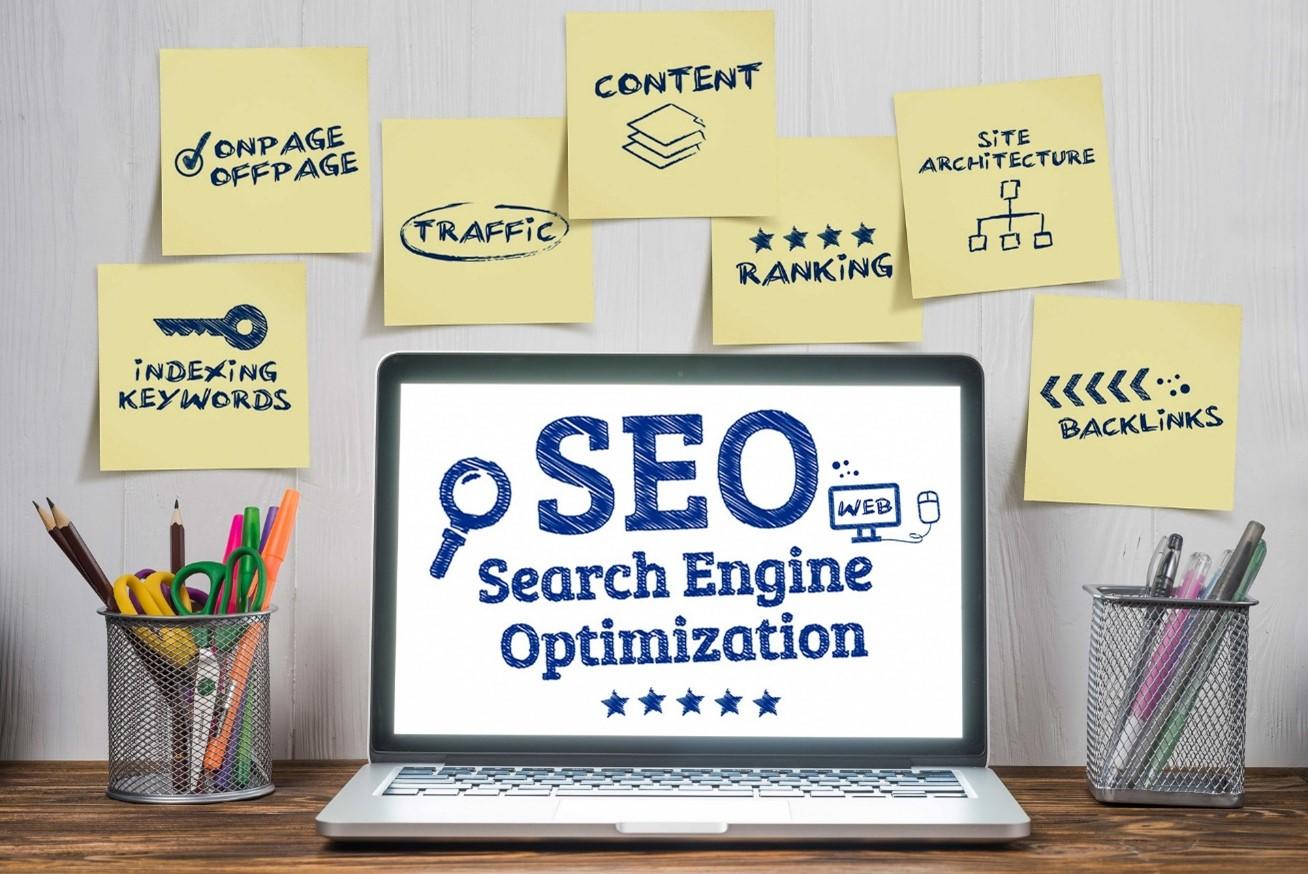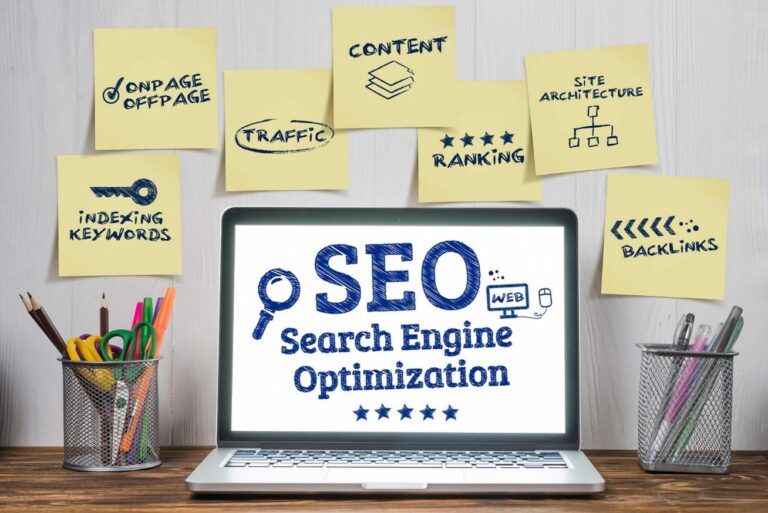So, SEO – is it worth it? We’re sure many of you will already know our answer.
Of course, SEO is worth it! No one can argue its value, especially for most, if not all, businesses.
It’s not that SEO is worth it, though; the more significant issue is whether it is worth paying for in the long term. And for this, we believe it’s all down to weighing your business options.
If you are in the process of deciding whether or not to add SEO to your business strategy, read on.
While SEO is very well worth the time and energy, here we’ll discuss three reasons SEO is important.
But before we get into it all, let us first explain why SEO can be an essential focus for your business.

Can you find your website?
Have you ever done a Google search on your website or someone else’s and you have trouble finding it for some reason?
Well, it’s not a good sign because if you cannot find it, how would others?
Simply put, if you don’t show up on Google’s search results, you could be giving business to your competitors and other websites, which, of course, ends in you potentially losing money from product or service purchases.
The good thing about this ordeal is that it can be fixed with SEO.
Like we’ve said before, while it’s not a short-term, overnight fix, implementing this activity into your marketing strategy will most definitely help your business in the long term.
Why SEO is worth it
1. Customers find your site
We touched on this point before, but customers finding your site is such an important reason why SEO is worth it. Alongside the site design and development, SEO should be your next focus.
SEO can help you attract more customers, specifically your target market, as they would be searching for the information you are providing.
It’s a massive opportunity for you to have a site your target audience is finding because, let’s be honest, we have all searched about products and services that we want to purchase.
In actuality, more than 60% of online users use search engines to gain more information about a new product, service or business.
That’s why it’s vital to get your website online and found!
While structuring your content with relevant key phrases and updating your image text plays a significant role, SEO is still very much more than this.
Read on because we’ll explain what else falls under SEO.
2. Improves user experience
The ultimate goal for any search engine is simple: to provide the best results for users.
It’s why search engines appreciate sites that have an underlying focus on technical optimisations, such as creating it with mobile in mind, ensuring the site’s security (HTTPS), and ensuring that the site’s speed is perfect.
To be honest, this would probably require further professional help, but doing this would ideally provide you with a fantastic user experience for your business site.
Remember, when you have a great user experience, conversions are more likely to happen.
And when more conversions happen, you guessed, there’s a better impact on your sales and revenue.
3. Site traffic from organic search
There are a handful of digital channels from which website traffic can derive.
Alongside social, paid, direct, and referral channels, organic search is often the primary source of website traffic.
While organic search may not contribute to your overall site traffic right now, if you implement SEO correctly, this could become one.
When it comes to SEO and organic search, you may be wondering where and what platform you should start with.
Our answer would be to start with the search engine that has the largest portion of the search engine market – Google!
While we wouldn’t go against optimising your website for search engines like Yahoo, Bing or DuckDuckGo, the size of Google’s market portion could deliver more significant results, as there are more Google users than any other search engine.
Regardless of what search engine you choose, ensure you review their SEO guidelines, as this will help you produce a high-quality website and achieve the results you need.
Is an SEO company worth it?
So, is paying for SEO worth it? As far as SEO goes, while it is a long-term project, this tool is worth it.
The great thing about SEO is it doesn’t stop with your website.
You can implement it across your business strategy, including your social media marketing efforts.
If you are looking for guidance on how your business can make the most of SEO or want us to help with your website’s SEO strategy, we would be happy to help.
Get in touch today to find the answer to the question: is paying someone to do SEO worth it?












